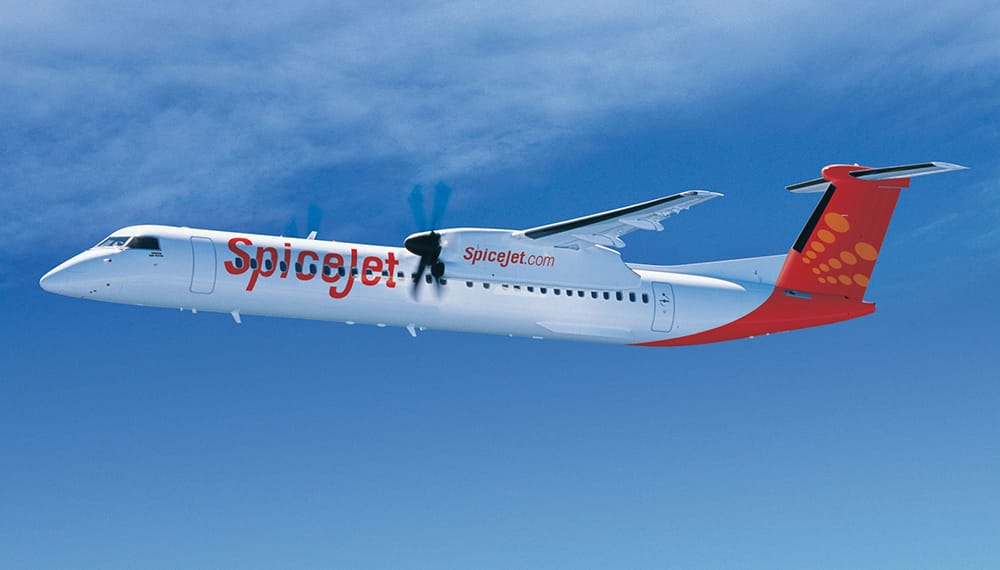The Regional TurboProp market is one with stiff competition and only the best can survive it. The present Dash 8-400, (popularly termed as the Q400) is the poster child for the Dash 8 production line. It was conceived in 1997 to fill the strong demand for regional air travel and has since never looked back.

Early Days of the Q400?
The Dash 8-400 was the product of years of design and engineering efforts to produce an excellent regional jet.
The present Dash 8-400 is the fourth series iteration of the Dash 8, and has been in operation since 1983. The Dash 8-100, the first aircraft in the series had a maximum passenger capacity of 38 people.
The Q300 was adapted for better service life as well as additional seating with a maximum capacity of 56 passengers.
Need for the Dash 8-400
The Q400 could bridge the gap between affordability and performance with reduced operating costs and better fuel efficiency.
This gave the Dash a competitive edge on other turboprop aircraft in that contemporary era.
The Dash 8-400 can be configured to offer a maximum of 90 seats. The Q400 was also stretched by 6.83m in comparison to the Q300. That gives the Dash 8-400 an overall length of 32.8m. With Pratt & Whitney Canada PW150A engines, the aircraft can fly faster and further.
As compared to its closest rival in terms of popularity, the ATR72, the Q400 offers better range and cruise speed but at marginally higher fuel consumption.
Touted as the fastest turboprop aircraft in the world, Longer and Stronger seem to be the winning recipe for the aircraft.
The aircraft can fly “30% faster and 40% farther than conventional turboprops.”
The Dash 8-400 experience
The Dash 8-400 today offers a relaxed passenger experience with a maximum range of about 2000km. Passengers can enjoy a quieter flight and windows that allow in more natural light, illuminating the cabin.
However, analyzing minutely, there seems to be a small disadvantage as the seat pitch on the Q400 is slightly smaller than on other models. It is 28 inches to allow for the extra seats in the passenger cabin, making the seat a bit of a squeeze.
From the operator’s point of view, the aircraft offers low operating costs as well as a reduced need for maintenance.
Operators of the Dash 8-400
A number of airlines operate the Dash 8-400 for their regional operations.
The largest operator of the aircraft is Horizon Air. Horizon Air is a subsidiary of the Alaska Air Group and operates a total of 56 Q400 aircraft.
Another operator of the Dash 8-400 is Westjet Encore. The airline is the regional arm of WestJet Airlines in Canada and owns 47 Q400.
Outside of North America, QantasLink in Australia and SpiceJet in India operate a sizeable number of the regional jets.
Other notable operators of the Dash 8-400 include:
- AirBaltic
- ANA Wings
- Ethiopian Airlines
- Eurowings
- Jazz Air
- LOT Polish Airlines.
Book your air tickets on Jetradar
Future of the Dash 8-400?
The Dash 8-400 is the only model of the Dash 8 range that is still being manufactured. There is also a proposal to stretch the present aircraft length to increase passenger capacity. The project is named Q400X.
It is unclear if and when the Q400X will get airborne. When the idea was new, interest in the aircraft was high. The stretched version of the Q400 would translate into direct savings for any operator and would lower the operating cost per seat.
However, the present operators seem content with the Q400, and may not be too keen on a new version?